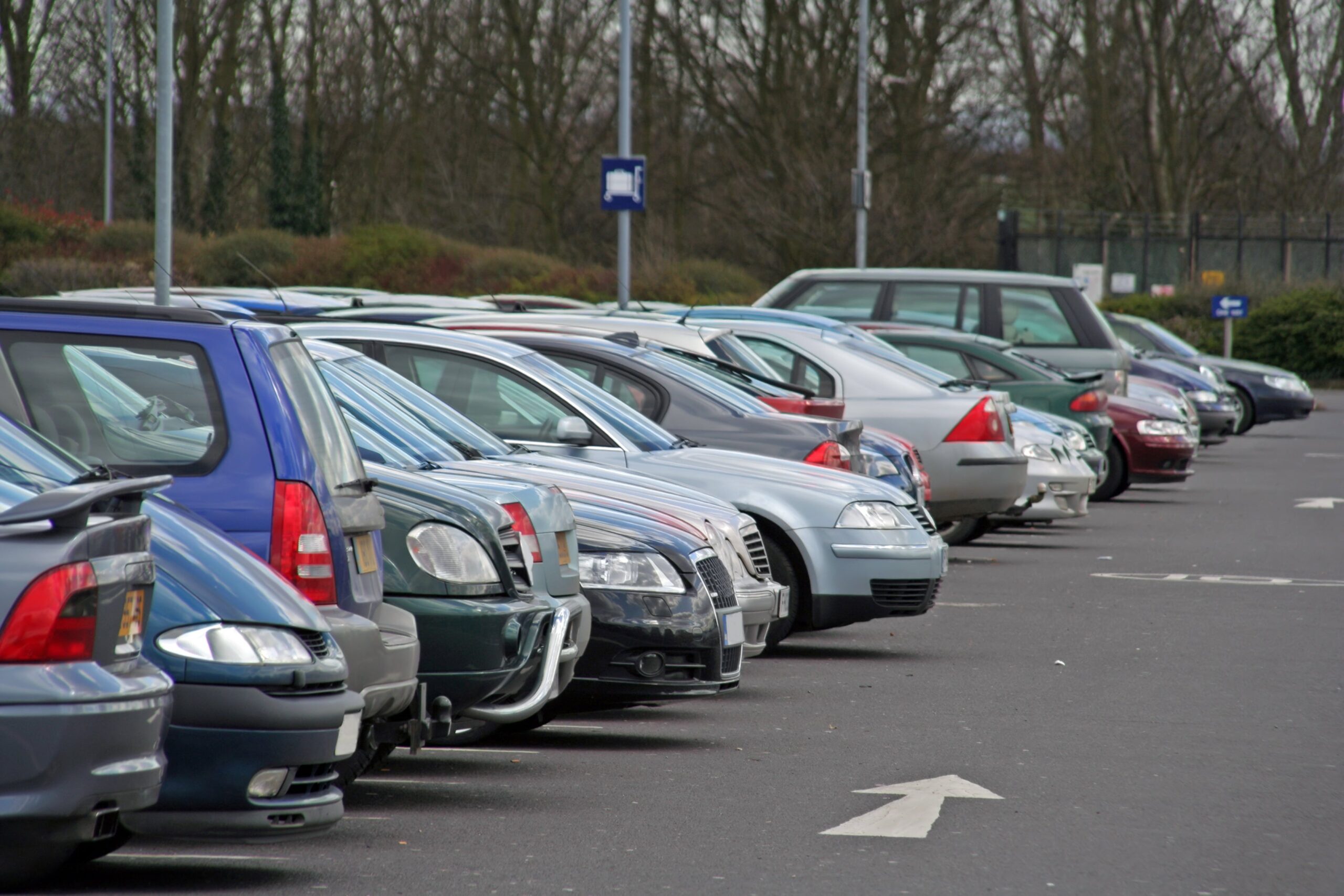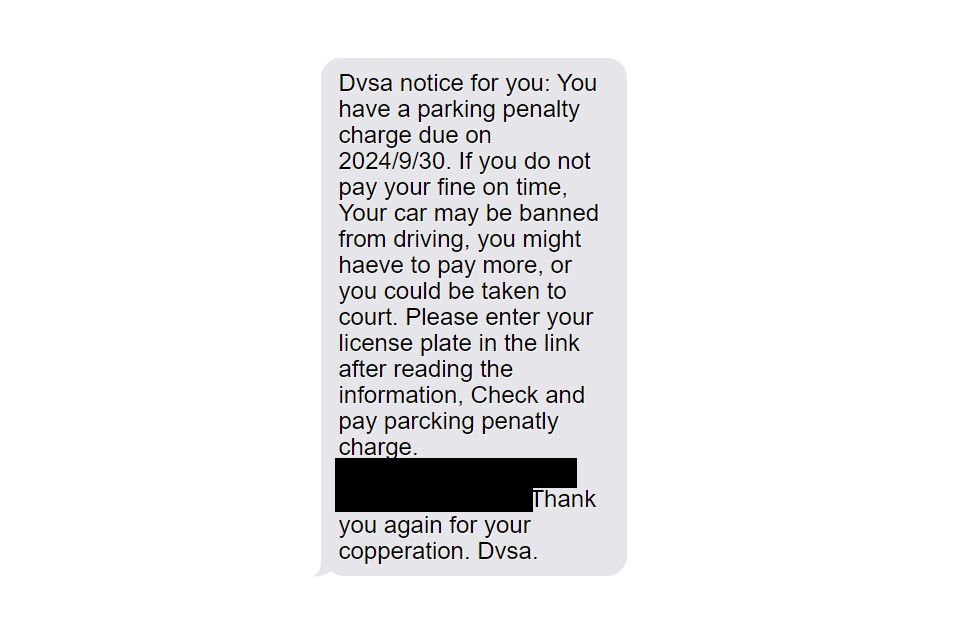Drivers across the country are being warned of a rising number of parking scams which have started appearing over the summer.
Fake text messages, fraudulent QR codes and even tampered car park machines are some of the methods scammers are using to trick motorists as they devise new ways to steal money.
Here are some key tips for drivers to ensure they don’t fall foul of a parking scam:
Check for crucial details on the fine
Legit parking notices will always contain three specific details, BBC scam expert Nick Stapleton says.
“Real parking fines will include vehicle registration, the time of the offence and the location it happened.”
If these three details aren’t present, the communication is a scam, says Mr Stapelton.

Drivers can receive three kinds of fine: a penalty charge notice issued by the council, a fixed penalty notice issued by the police, or a parking charge notice issued by a private company.
It should be clear which kind of fine has been issued, but drivers should be wary that scammers commonly pose as government agencies like the DVSA, private companies, or police.
Be wary of scam texts
One of the most common ways fraudster will begin initiate a parking scam is by sending a fraudulent text to thousands of numbers. They will be looking for the odd person who happens to have used a car park recently.
These texts will likely demand urgency, warning of a higher fine for not paying quickly. They will also often threaten consequences like prosecution, revoking driving licences, and ruined credit score.

Most will include a link to a website where the recipient will be asked to put in details like their licence number, personal information, and bank details.
Some of these will even be designed to look like legitimate government websites. The best ways to spot if they are fake is to check the domain – which should always begin with ‘www.gov.uk’ – or to try clicking on other links on the page, which will likely not work.
The DVSA has warned that many will sign off texts pretending to represent the agency, but it does not issue fines. You can report scam text messages to the National Cyber Security Centre.
Look out for fake QR codes
A newer form of parking scam arising is the use of fake QR codes that have been spotted stuck onto parking machines, sometimes called ‘quishing’.
Scanning these will take drivers to a website pretending to be associated with the council or parking company running the location with the aim of stealing financial information.
Claire Webb, Acting Director of Action Fraud, said: “We’re urging people to stop and check before scanning QR codes, to avoid becoming a victim of quishing.
Look out for QR codes that may have been tampered with in open spaces, or emails and texts that might include rogue codes. If you’re in doubt, contact the organisation directly.”
The group recommends not scanning the code if in doubt, and instead navigating to the relevant organisation’s website to find another way to pay.
Check card readers for tampering
A more sophisticated scam that has been appearing over summer is the use of tampered card readers on parking machines.

This can be incredibly hard to spot, with the British Parking Association (BPA) urging drivers to always check card readers for signs of tampering before using.
The scam will commonly be carried out by placing a hacked card reader over the original, and then a sticker over that to make it look legitimate.
An indicator that a motorist may have been the victim of one of these scams is the machine prompting that the car has been declined. If a scam reader is present, it likely will have taken the details of the card, which should be cancelled immediately.
